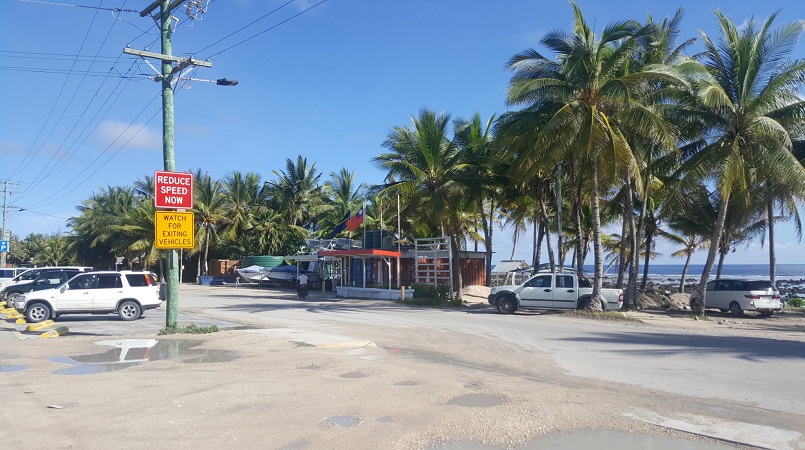
The Nauru government has successfully installed solar systems in 20 schools and over 100 homes throughout the country.
The government has also installed 12 fish processing and conservation centres and 300 water storage tanks.
This was revealed by Nauru President , Baron Waqa at the G7 Environment Ministers’ Meeting On, “Urgent Action and Reduction Opportunities” in Canada last week.
He said the set up was done through all decisions that were made by consensus by a Joint Committee of their United Nations Ambassadors in New York.
“Through a streamlined application process, the Committee has approved 37 initiatives worth a total of US$22 million.”
In his statement, President Waqa said Nauru is ready to seize the opportunity of engaging cheap solar system in the country and free itself from the expensive burden of fossil fuels.
He added they have existing models which they can learn from.
“My government’s own analysis puts the cost of moving Nauru to 100 percent renewable energy at US$63 million.”
“The Pacific’s partnership with the Government of Italy has been a resounding success because it has been structured with our constraints in mind.”
“The cooperation is focused on energy security, climate change resilience, and protection of marine biodiversity, and is based on the principles of national ownership, mutual trust, equality, transparency, and accountability as prescribed by the SAMOA Pathway,” he said.
President Waqa also highlighted that the projects have provided work for 10,000 people, avoided over 2,000 tons of greenhouse gas emissions, and saved over 300,000 litres of diesel fuel.
“The model works because the Pacific islands are the primary drivers of their own development and empowered to take full ownership.”
“Resources are mobilized rapidly and utilized to directly benefit the communities on the ground. Partners are confident that resources are being used effectively because they are constantly informed about all financial and operational aspects of the projects,” President Waqa said.
